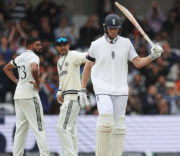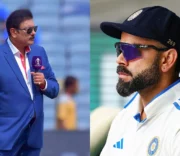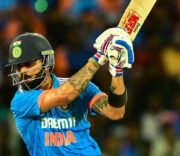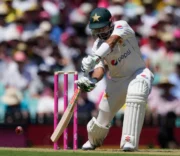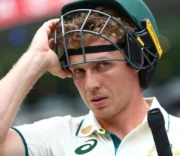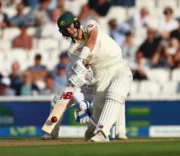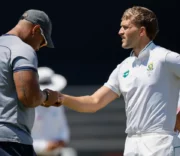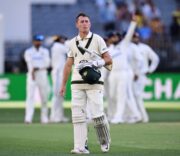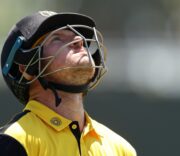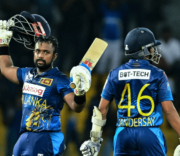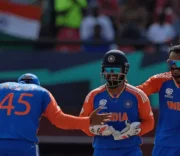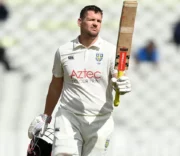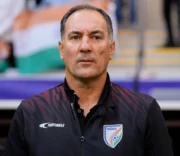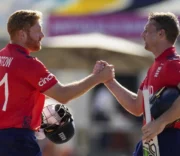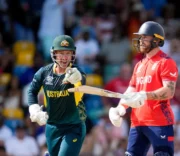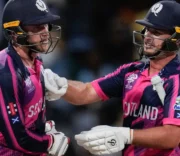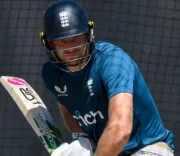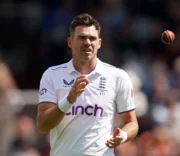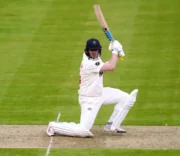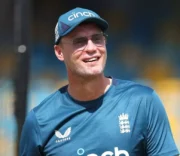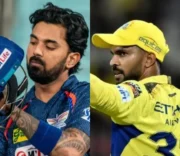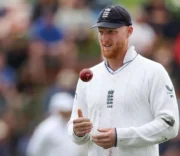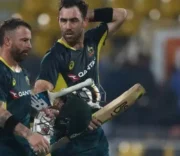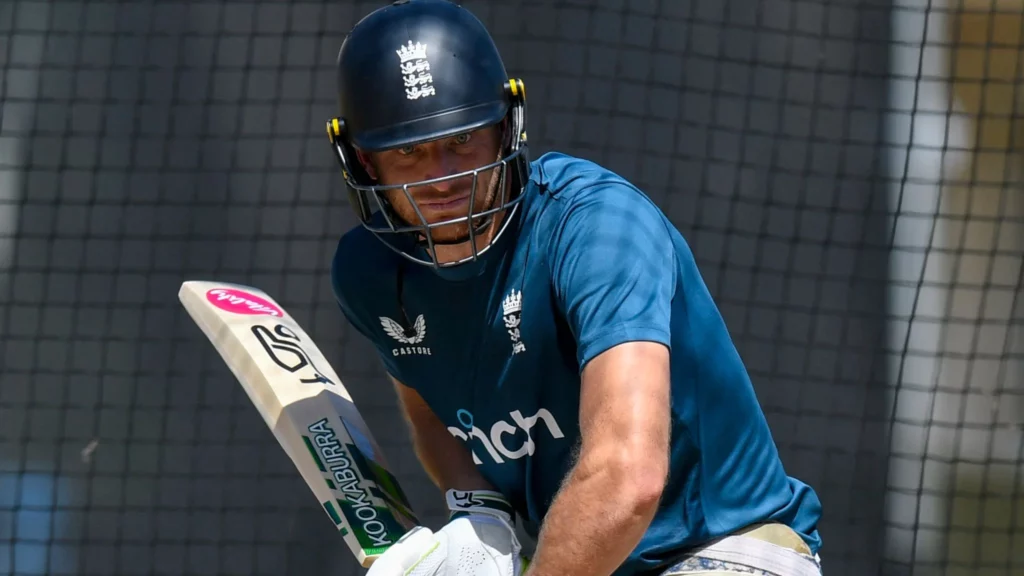
When James Anderson announced his retirement, the spotlight naturally shone on his Test cricket achievements. His 700 wickets are unparalleled for a seamer, and his age-defying longevity, spanning 187 matches and nearly 21 years, is remarkable.
However, there was little mention of his 269 ODI wickets for England, which also places him at the top of that list. This oversight highlights a broader trend: Test cricket remains the primary measure of greatness, with the deeds of legendary players passed down through generations.
The Evolution of Cricket Greatness
Books continue to be written about historical Tests, with “Richie Benaud’s Blue Suede Shoes” by historian David Kynaston and critic Harry Ricketts, recounting the Old Trafford Ashes Test of 1961, set for publication later this month.
Anderson’s place in English cricket history is assured, with future books likely to immortalize his Test cricket feats. However, as T20 cricket gains prominence and surpasses the number of Tests played, our perception of retiring players may change. Will ‘greatness’ in sport be redefined to include those who excel exclusively in white-ball cricket?
Current and future players from South Africa, New Zealand, Pakistan, West Indies, and Sri Lanka will play fewer Tests due to the sport’s economic realities and public demand for T20 and franchise leagues. This shift doesn’t mean these players are less talented; their skills are simply honed in different ways. They won’t face the same challenges as their predecessors but will have to master new skills, such as hitting their first ball for six and excelling in death overs under high-stakes conditions.
Should we judge these players differently? Should our reflections on English players evolve too? Consider Jos Buttler, who at 33, may soon retire from international cricket to focus on the franchise circuit. Despite his achievements in white-ball cricket, his lack of success in Test cricket might lead many to rank him differently. Yet, by modern standards, his accomplishments in limited-overs formats warrant recognition among England’s best.
Reflecting on Great Players: The Evolution of Cricket Evaluation
He was instrumental in World Cup wins in 50-over and T20 cricket. His explosive finishing was crucial in Eoin Morgan’s team, his 360-degree innovative batting a revelation in a side that, before 2015, was suspicious of those trying to be different. Young emerging players cite him as an inspiration. He curbed his attacking instincts to partner Ben Stokes in the 2019 World Cup final, hitting the last ball of the Super Over for four to set up one of the most remarkable days in English cricket history.
He is the first Englishman to really succeed over a period of time in the IPL. This season, he is the only batsman to score two hundreds in the competition. He has seven in all in IPL cricket. Only Virat Kohli has more (eight) and he has played nearly 140 more IPL games. Buttler’s strike rate in ODI cricket is 171, way in excess of any other England player, and he scored more T20 runs for his country at a quicker rate than any player with more than 25 caps.
His last Test match was on the troubled Ashes tour of 2021-22 when he dropped catches in Adelaide and was worn down by the stresses of the format. He was never really suited to a team which, at that time, placed emphasis on grinding out big totals. You feel the Bazball era would have unlocked the door, but by the time Brendon McCullum and Stokes started their rebuild, it had been decided that Buttler would concentrate on his white-ball captaincy.
But this is not really about Buttler. It is intended to debate how we reflect on great players. The changes in other parts of the world will reach English cricket too over the course of the next generation. Shorter formats will be played more, and the kind of numbers posted by Anderson, Joe Root, and Alastair Cook in Test cricket will become impossible to match, a little bit like the bowling and batting records set pre-war in first-class cricket by Jack Hobbs and Wilfred Rhodes.
I’ve had this discussion already with younger colleagues who are in no doubt the T20 records of Kieron Pollard and Sunil Narine should be ranked with those by other West Indians in Test cricket. I can’t say I agreed, but as Test cricket becomes increasingly a sport played by three countries, and others fitting it in when they can around franchise leagues, they are probably onto something. It is not the end of an era with Anderson, but it feels like how we evaluate cricketers will have changed by the time those books about him are written in 50 or 60 years’ time.



